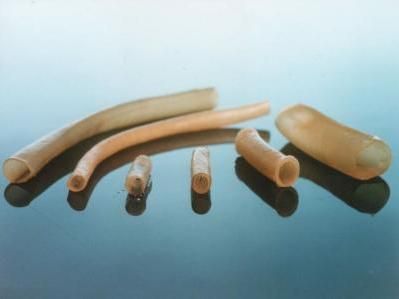Reverse negative impact of ultraviolet radiation on skin
Over time, the sun's ultraviolet (UV) light damages the fibers in the skin called elastin. When these fibers break down, the skin begins to sag, stretch, and lose its ability to go back into place after stretching. The skin also bruises and tears more easily. The result: premature wrinkles, leathery skin, age spots, and spider veins/broken blood vessels. In addition, recent studies found that sunscreen may not provide skin with complete protection and that some UV filters in sunscreen may be toxic to human cells.
With so much at risk when human skin is overexposure to the sun, substantial progress has been made in recent years to understand the cellular and molecular mechanisms that bring about photoaging.
At Basel Life Science Week 2015 gerontologists will present a comparison of the effects of photoaging against normal, chronological aging. One specialist presenting at the conference is Polina Mamoshina from Insilico Medicine, a bioinformatics company at Johns Hopkins University Mamoshina recently completed a study on photoaging with the hope that it will lead to more effective treatment of the symptoms listed above as well as minimize a sun bather's risk of contracting skin cancer.
Other news from the department science

Get the life science industry in your inbox
By submitting this form you agree that LUMITOS AG will send you the newsletter(s) selected above by email. Your data will not be passed on to third parties. Your data will be stored and processed in accordance with our data protection regulations. LUMITOS may contact you by email for the purpose of advertising or market and opinion surveys. You can revoke your consent at any time without giving reasons to LUMITOS AG, Ernst-Augustin-Str. 2, 12489 Berlin, Germany or by e-mail at revoke@lumitos.com with effect for the future. In addition, each email contains a link to unsubscribe from the corresponding newsletter.





















































